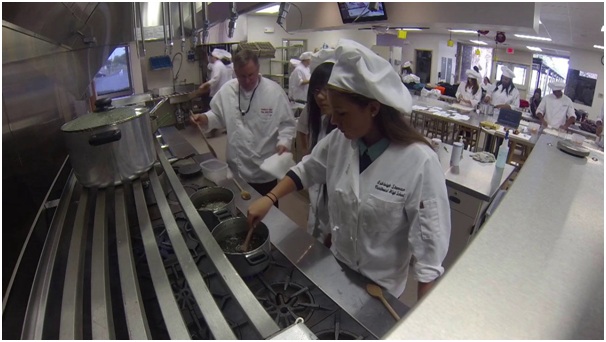There is some good news in Britain’s hospitality sector, as new figures reveal that its workers are paid 27p more than the National Living Wage on average, at £7.47 an hour. The research was carried out by Fourth Software, and shows that hourly sales in the industry have continued to rise by 10pc over the past 2 years, but the percentage of revenue that pays salaries has only risen by 0.6pc.

The pub sector is the highest performing, which saw its sales per hour grow by 13pc and its costs reduced by 1pc. This compares to the restaurant industry, where hourly sales rose by 5pc, with a cost base increase of 0.6pc.
Good wages for good staff
The authors said that, with the exception of the pub industry, the hospitality sector was working hard to pay premium wages that were above the National Living Wage, in a bid to offer excellent service through high quality staffing. They pointed to the pub industry as being particularly interesting for its recent advancements in cost management through rota software, flexible shifts and a large number of young staff.
Whether perfecting a post mix machine recipe from https://empireuk.com/post-mix-products/post-mix-carbonated-soft-drinks/ or learning how to wait silver service, this legion of workers is crucial to the success of the hospitality industry.
Challenges ahead
However, figures from CGA Peach have found that 65pc of hospitality industry leaders think the government’s target of implementing a £9 per hour living wage by 2020 is simply unfeasible, particularly as calculations suggest that real pay could rise to as much as £9.45 by this point. This is combined with a range of challenges for the industry that will include increasing wage competition from the retail sector, a shortage of chefs, Brexit-related uncertainty and living wage rises for the under 24s. This means that those operating in the industry will need to focus on operational efficiencies.
However, there may be gender issues too for the hospitality industry to review, with male staff being paid £7.53 on average for this year, compared to women at £7.40. This is particularly notable in the restaurants industry and may be attributed to more men working in the kitchen, where they are paid more, to compensate for the lack of tips that serving staff earn in front of house.